Docker-CE on CentOS 7
Install Docker-CE (not just “docker) to get the latest version on CentOS.
yum install -y yum-utils device-mapper-persistent-data lvm2 yum-config-manager --add-repo https://download.docker.com/linux/centos/docker-ce.repo yum makecache fast yum install -y docker-ce chkconfig docker on service docker start
Update firewalld to allow host/container traffic.
Restart firewalld to pick up the changes.
# trust the docker interface firewall-cmd --permanent --zone=trusted --change-interface=docker0 # accept IPv4 traffic firewall-cmd --permanent --direct --add-rule ipv4 filter INPUT 4 -i docker0 -j ACCEPT # any ports on the host you want to access from the containers (strapi port 1337 here) firewall-cmd --permanent --zone=trusted --add-port=1337/tcp firewall-cmd --reload service docker restart
Create a group named “docker” and add any users that are allowed to create containers.
groupadd docker # allow users to access docker by adding them to the docker group # usermod -aG docker $USER
Use an entrypoint file to create an entry in /etc/hosts to point to the host. Requires ping and ip on the machine, on Debian these are found in the apt packages inetutils-ping and iproute.
#!/bin/bash
# fix for linux hosts
HOST_DOMAIN="host.docker.internal"
ping -q -c1 $HOST_DOMAIN > /dev/null 2>&1
if [ $? -ne 0 ]; then
HOST_IP=$(ip route | awk 'NR==1 {print $3}')
echo -e "$HOST_IP\t$HOST_DOMAIN" >> /etc/hosts
fi
exec "$@"

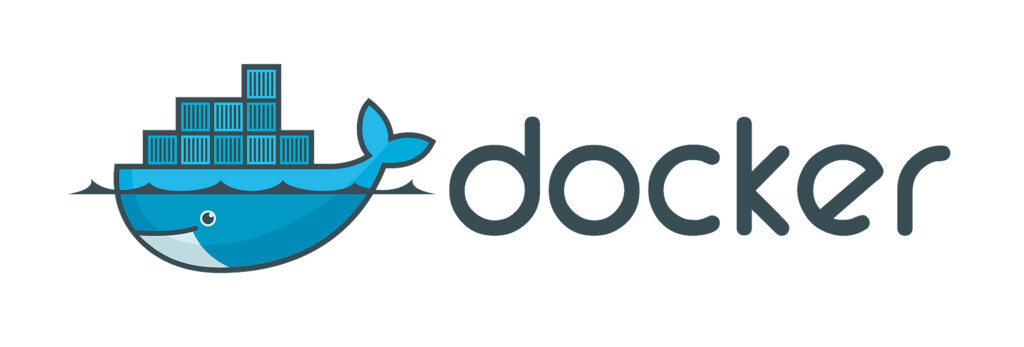













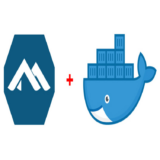


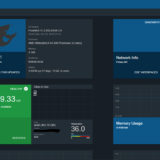
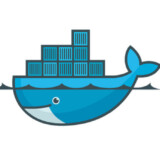






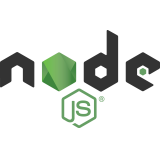
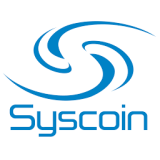








Hello
I want to allow port http and https from internet to docker continer. What is the firewall-cmd command?
I am useing centos 7